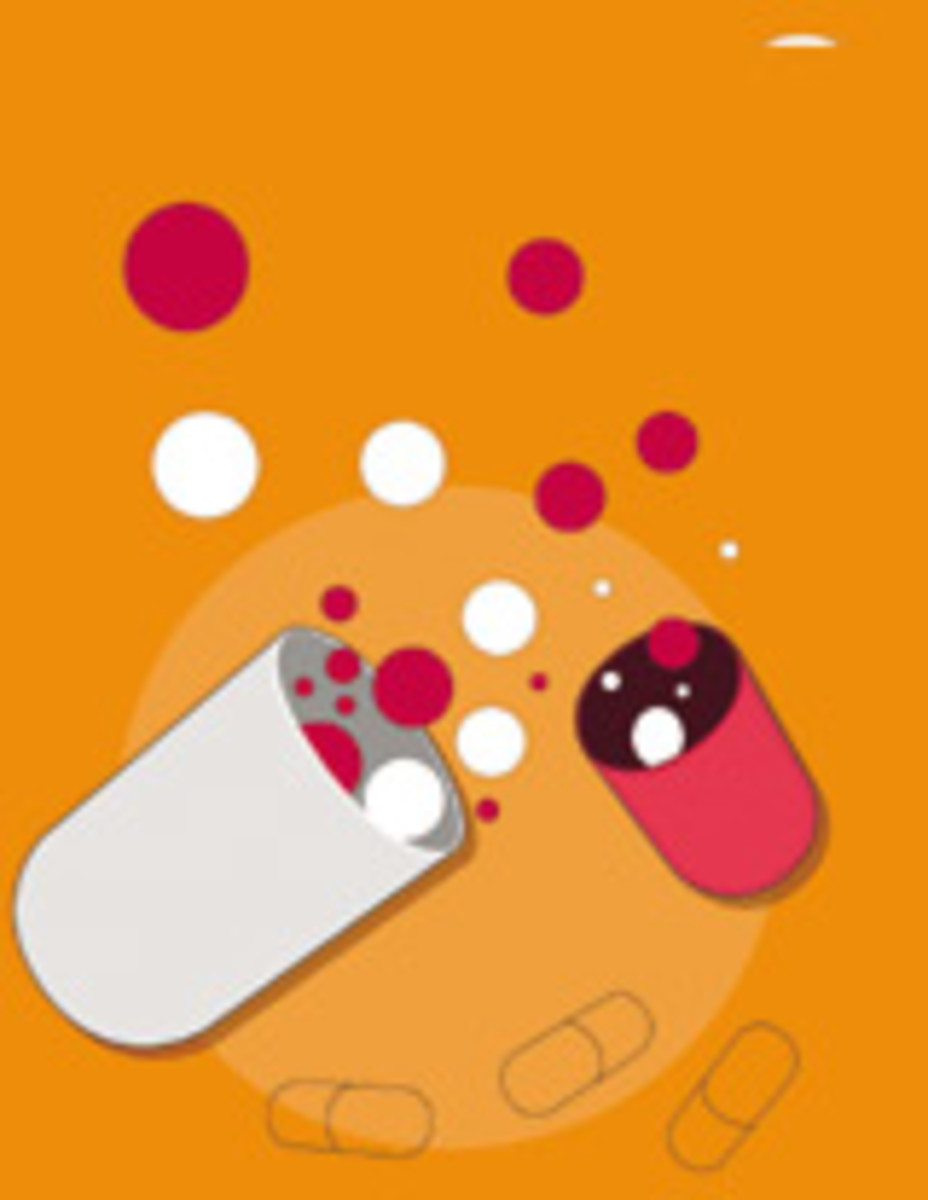imagine the absence of "self-cure phenomenon" in helminthes parasitism in parasitology.
It is certain that parasitologist know the importance of self-cure phenomenon in parasitism as it seems to be a natural process by which some hosts reduce a parasitic burden. There are various theories of self-cure, which include immunological based theory, and non-immunological based. Anyone interested in the theories can search for it or consult appropriate test books.
My interest here is that as a student of parasitology I had to wonder what would be the fate of the host, in this case ruminant, in the absence of self-cure to parasitic infections like Heamonchus contortus , trichostrongylus axei among other parasites especially those that would be found in cases of mixed infections. Studies by experts in parasitology showed that self-cure can be partial or complete. By partial here, I mean a situation where only the already existing adult worm is eliminated while the larvae, which some authorities believe initiates the self-cure, establishes a new infection. By complete here, I mean a situation where both the larvae and adults are eliminated.
The interesting thing about self-cure is that if an ingested larva or an arrested larva, like some authorities believe, initiates the phenomenon, then it means that the following can be suggested:
1) The host wants to get rid of the parasitic burden or, at least, maintain it at a level that the host can handle via the host’s immune response.
2) The parasite may want to give way and free the predilection site so that a new generation of its kind can establish.
3) Since parasitism is part of nature. That is some organisms were created to be parasites, then self-cure can be a natural means by which nature uses to maintain a balanced host-parasite relationship so that both organisms can continue to co-exist without one overwhelming the other.
It has also been shown that self-cure is not specific as Heamonchus larvae can eliminate Trichostrongylus adult. Therefore, apart from epizootiology, if we can imagine what the situation would be in the absence of self-cure, it is certain that a host will have very little chance of survival and the parasite will most likely be in danger of going to extinct, especially if it is a host specific parasite. I think that is why parasitologist would say “a dead host is not of benefit to a parasite.” That is the interest of the parasite is not to kill the host but to take advantage of the host for its continual survival and self-cure is one of the means to make sure equilibrium is maintained in some host-parasite relationship in the natural struggle for survival by all species.



